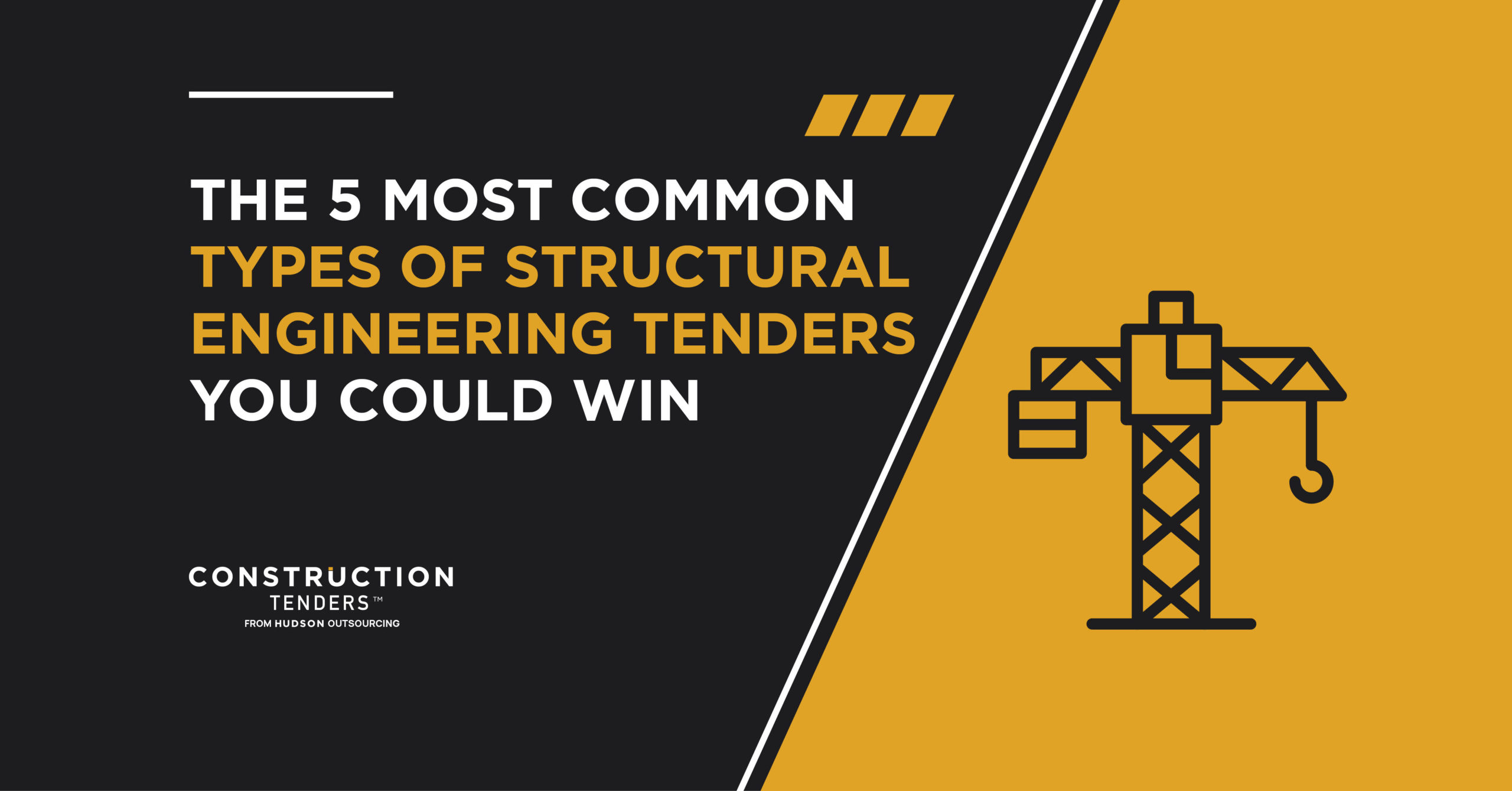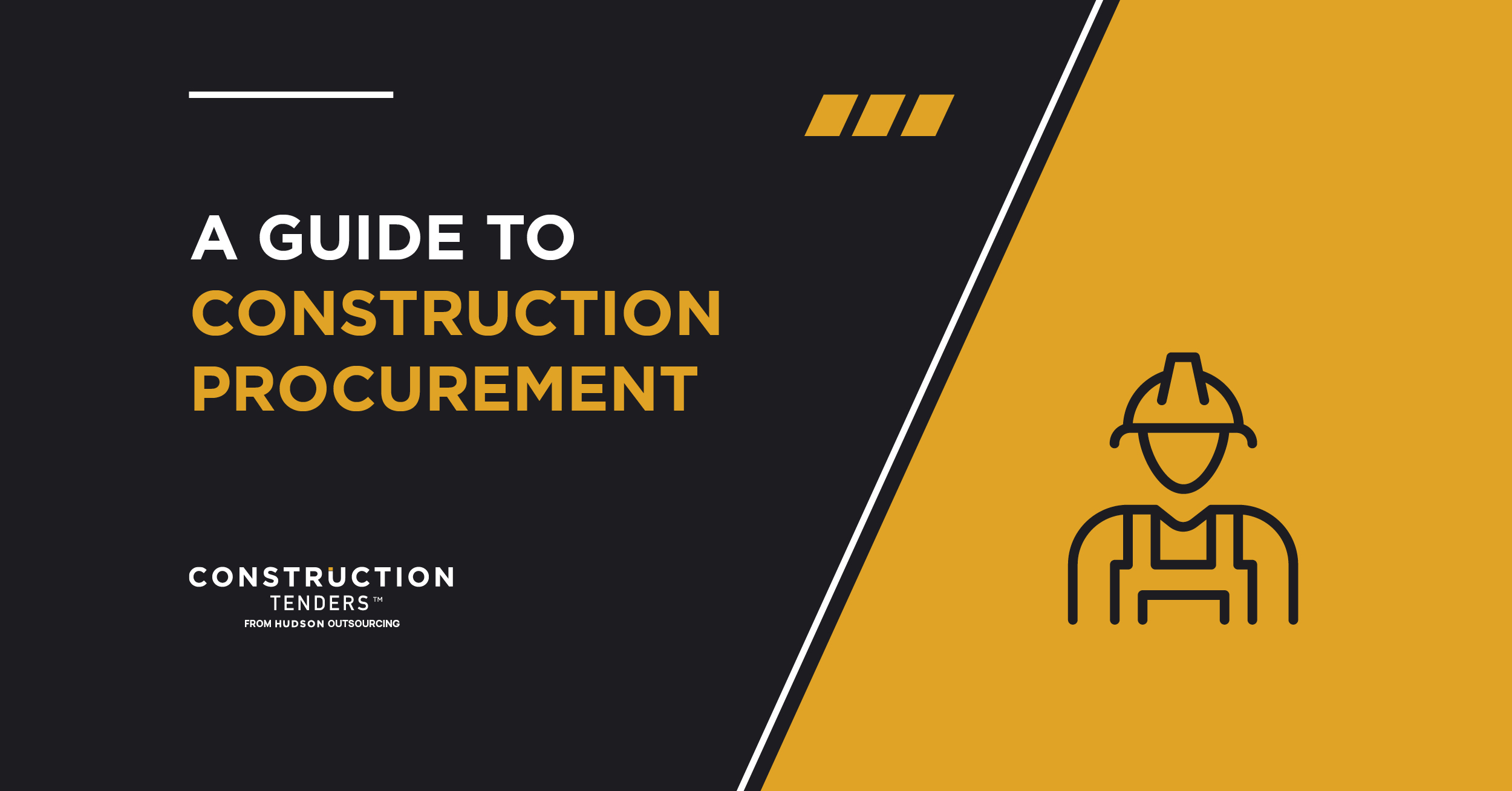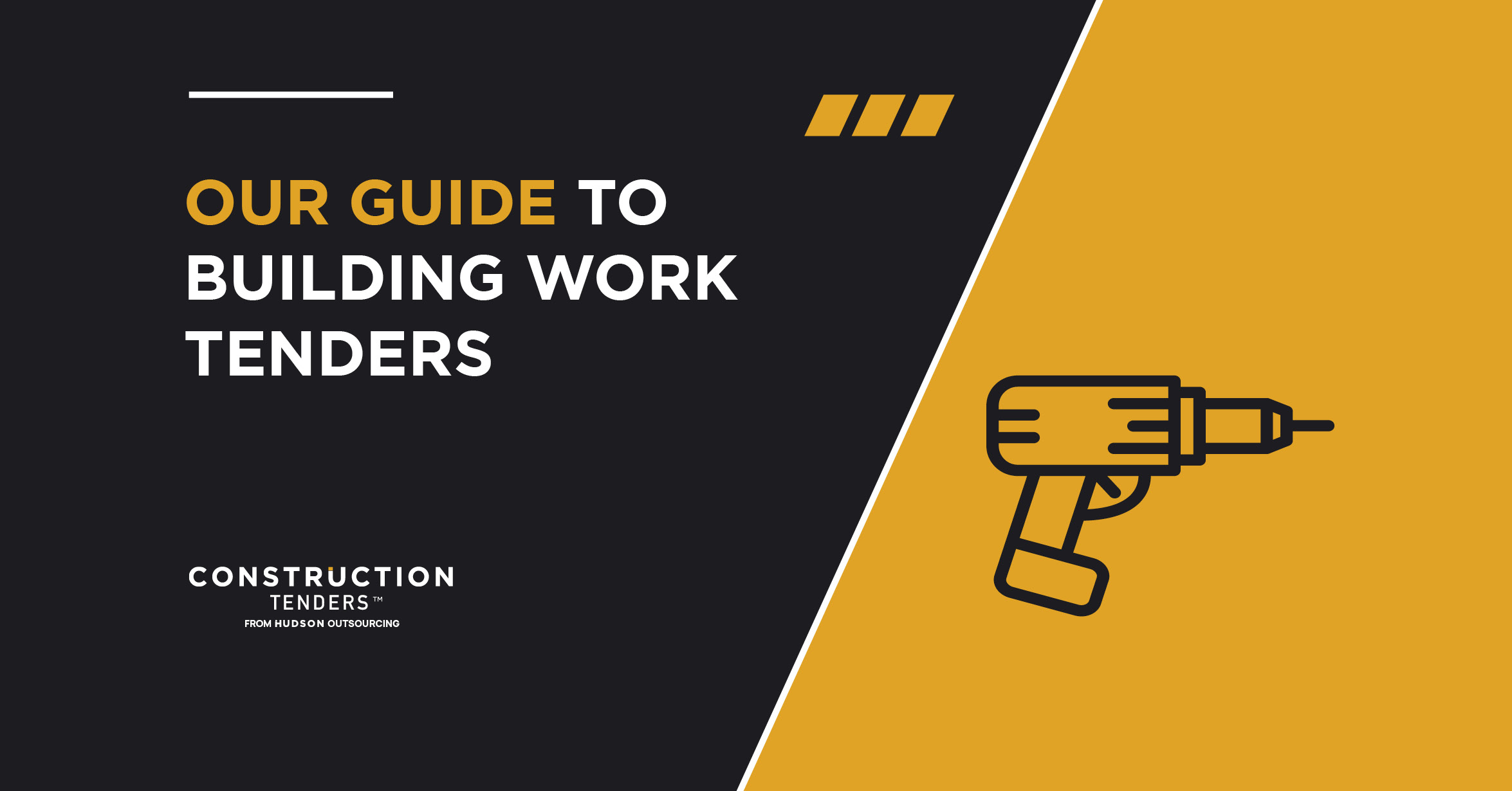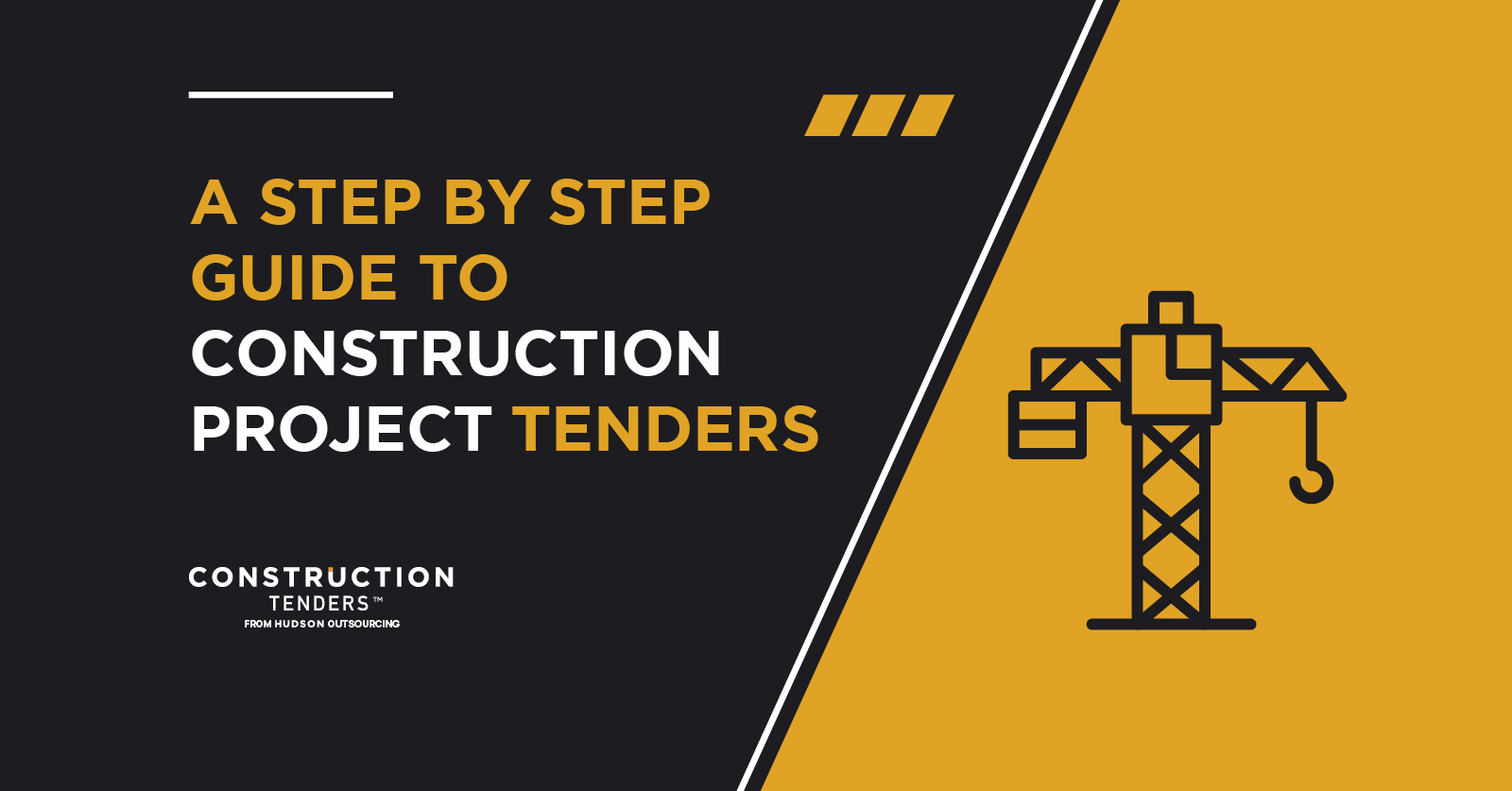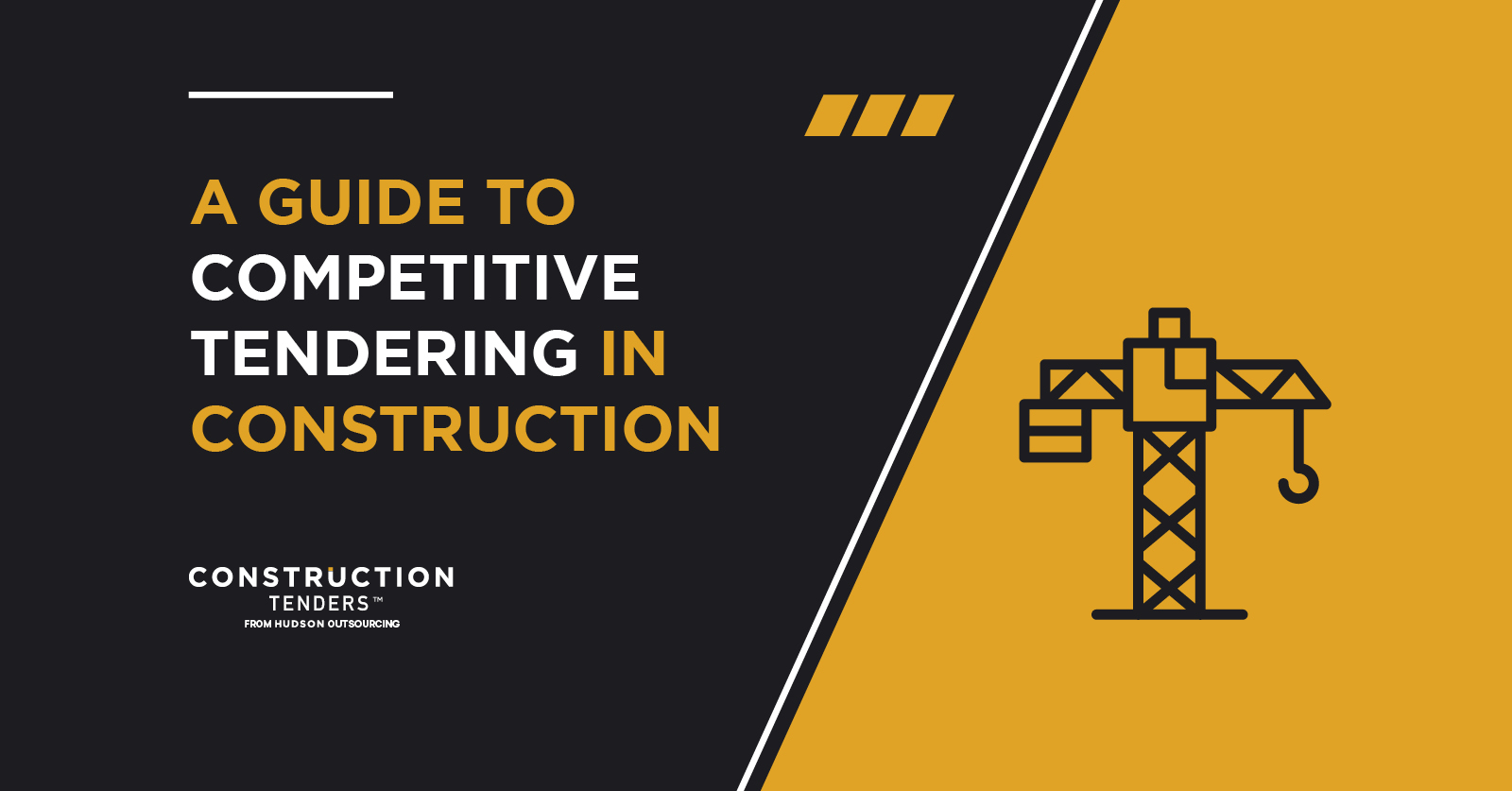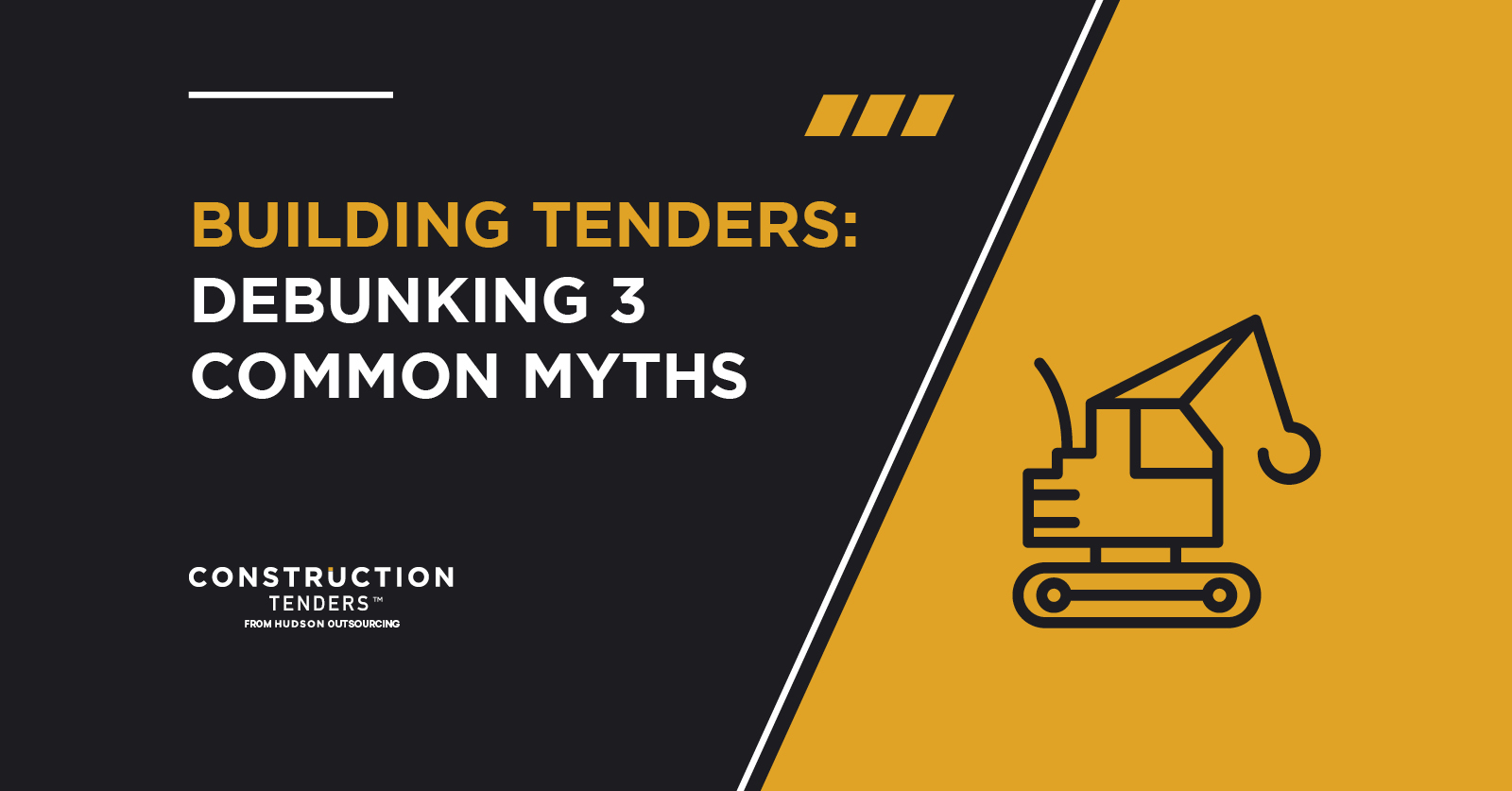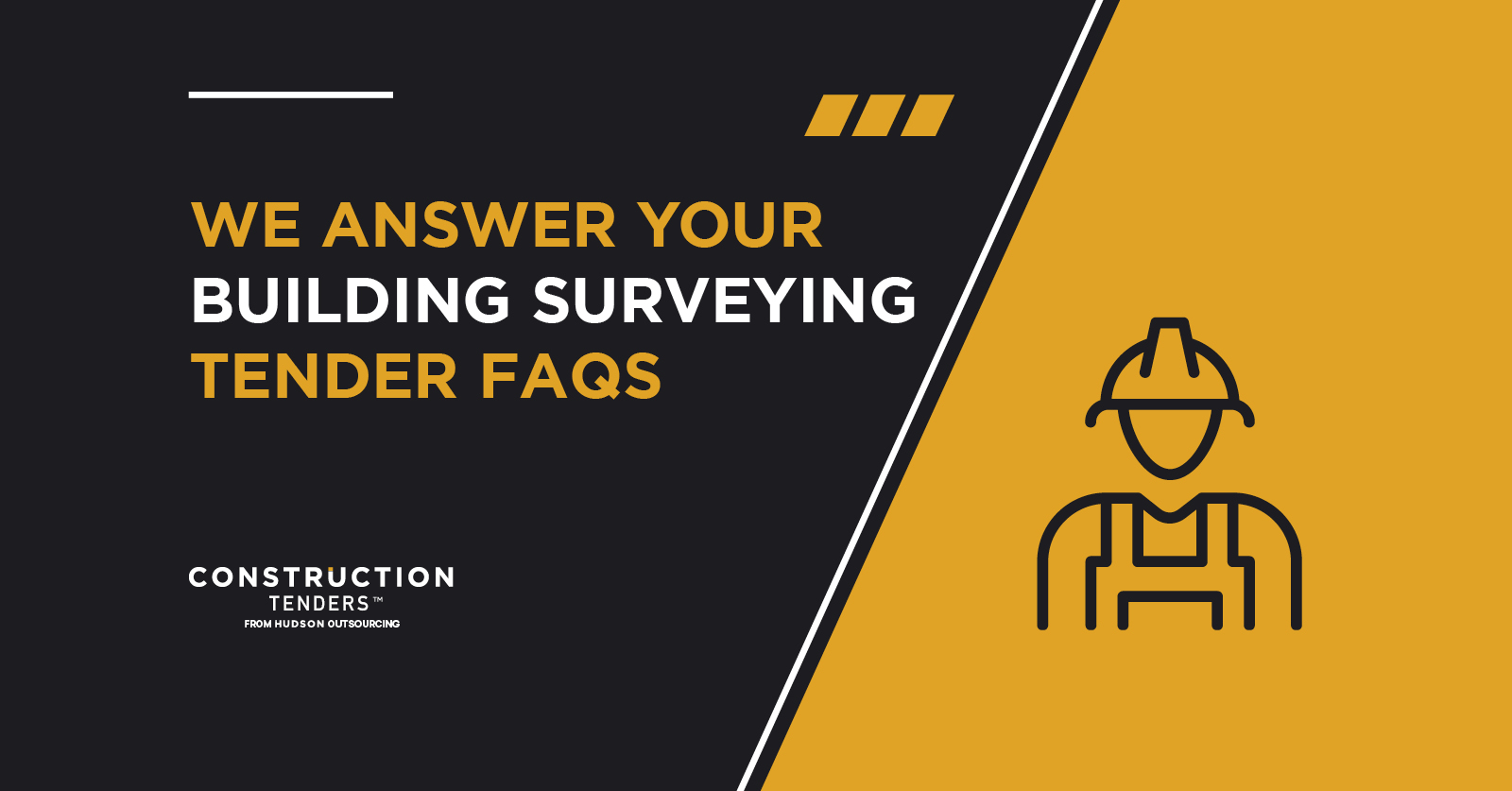Introduction
Breaking into the construction industry and securing contracts can be challenging, especially for businesses with limited experience. Many tenders require bidders to demonstrate a strong track record, making it difficult for new or smaller firms to compete with well-established companies. However, with a strategic approach, businesses with limited experience can still craft compelling bids that win contracts.
Using a construction bid tracking service can significantly enhance your chances by identifying suitable opportunities and helping you stay ahead of deadlines. This guide will provide practical steps to successfully respond to construction tenders even if your experience is limited.
Understanding the Tendering Process
Before submitting a bid, it’s essential to understand the tendering process. Construction tenders typically follow these steps:
- Tender Notice – A public or private entity issues a tender, outlining the project scope, requirements, and submission deadline.
- Pre-Qualification – Some tenders require pre-qualification, where contractors must meet minimum standards before being invited to submit a bid.
- Bid Submission – Businesses submit proposals, including pricing, methodology, compliance documents, and references.
- Evaluation – The buyer assesses bids based on criteria such as experience, price, quality, and compliance.
- Contract Award – The most suitable bidder is awarded the contract, and work commences.
By leveraging a construction bid tracking system, you can monitor these opportunities and identify tenders that align with your capabilities.
How to Overcome Limited Experience in Construction Tenders
If your company has limited experience, you can still submit a competitive bid by focusing on key strategies:
1. Highlight Relevant Skills and Expertise
Even if your business is new, you likely have transferable skills and expertise that can strengthen your bid. Focus on:
- The qualifications and experience of your team members.
- Previous work in related fields (e.g., subcontracting, residential projects, or renovations).
- Case studies or examples of smaller projects that demonstrate capability.
Buyers look for competency, not just company history. A well-documented portfolio of relevant skills can compensate for a lack of direct experience.
2. Partner with Experienced Subcontractors
Collaboration with experienced subcontractors can boost your credibility. Many companies with limited experience successfully win tenders by:
- Forming joint ventures with more established firms.
- Using subcontractors with a strong track record to support their bid.
- Providing references from subcontractors or suppliers.
This strategy shows buyers that, although your business may be new, you have reliable partnerships in place to deliver the project.
3. Emphasize Quality and Innovation
Buyers don’t always select the most experienced bidder; they also value innovation, efficiency, and cost-effectiveness. Strengthen your bid by:
- Showcasing unique approaches that differentiate your services.
- Proposing cost-effective solutions without compromising quality.
- Providing detailed project management and risk mitigation plans.
Demonstrating a forward-thinking approach can make your bid stand out, even against more experienced competitors.
4. Provide Strong References and Testimonials
References from satisfied clients or industry professionals can support your credibility. If you lack direct construction references, consider:
- Testimonials from previous employers or mentors.
- Positive feedback from small projects or subcontracting work.
- Endorsements from suppliers or business partners.
Well-presented references help build trust with buyers and mitigate concerns about limited experience.
5. Meet Compliance and Accreditation Standards
Buyers prioritize compliance and industry standards. Ensure your bid includes:
- Health and safety policies.
- Environmental and sustainability commitments.
- Relevant accreditations (e.g., CHAS, Constructionline, ISO certifications).
Demonstrating compliance reassures buyers that you meet industry regulations, making your bid more competitive.
6. Price Competitively but Realistically
Pricing is a crucial factor in tender evaluations. To remain competitive:
- Conduct thorough cost analysis and market research.
- Avoid underpricing, as this can signal inexperience or financial instability.
- Justify your pricing with detailed breakdowns and value-added services.
Buyers appreciate transparency and realistic pricing that reflects quality workmanship.
7. Use a Construction Bid Tracking System
Identifying the right opportunities is key to increasing your success rate. A construction bid tracking service can help by:
- Alerting you to tenders suited to your business size and capabilities.
- Providing insights into contract values, buyer requirements, and competitor activity.
- Helping you track submission deadlines and organize documentation efficiently.
By streamlining the tendering process, bid tracking allows you to focus on preparing high-quality bids rather than spending excessive time searching for opportunities.
Crafting a Winning Bid
To maximize your chances of winning, your bid should be clear, professional, and tailored to the buyer’s requirements. Here’s a step-by-step guide:
1. Read the Tender Documents Thoroughly
Ensure you understand all requirements, evaluation criteria, and submission guidelines. Missing key details can result in automatic disqualification.
2. Structure Your Proposal Professionally
A well-structured bid enhances readability and engagement. Common sections include:
- Introduction – Overview of your company and bid.
- Experience & Capabilities – Highlight relevant skills, partnerships, and case studies.
- Methodology & Project Plan – Outline your approach, timeline, and risk management strategies.
- Pricing & Value Proposition – Provide a transparent cost breakdown and justify your pricing.
- Compliance & Policies – Demonstrate adherence to industry regulations and safety standards.
- References & Testimonials – Include strong endorsements to support your credibility.
3. Focus on Value, Not Just Price
Buyers assess value holistically, not just the lowest bid. Emphasize:
- Long-term cost savings through efficiency.
- Sustainable construction practices.
- Commitment to quality and innovation.
4. Proofread and Submit On Time
Errors or missing documents can lead to rejection. Before submission:
- Double-check all sections for accuracy.
- Ensure compliance with formatting and submission guidelines.
- Submit before the deadline to avoid disqualification.
Conclusion
Winning construction tenders with limited experience is challenging but achievable with the right approach. By emphasizing relevant skills, forming strategic partnerships, maintaining compliance, and using bid tracking tools, your business can compete effectively against more established firms.
A construction bid tracking service simplifies the process, allowing you to find suitable opportunities, track deadlines, and improve your success rate. With persistence, strategic bidding, and continuous improvement, even businesses with limited experience can secure valuable construction contracts and establish themselves in the industry.

